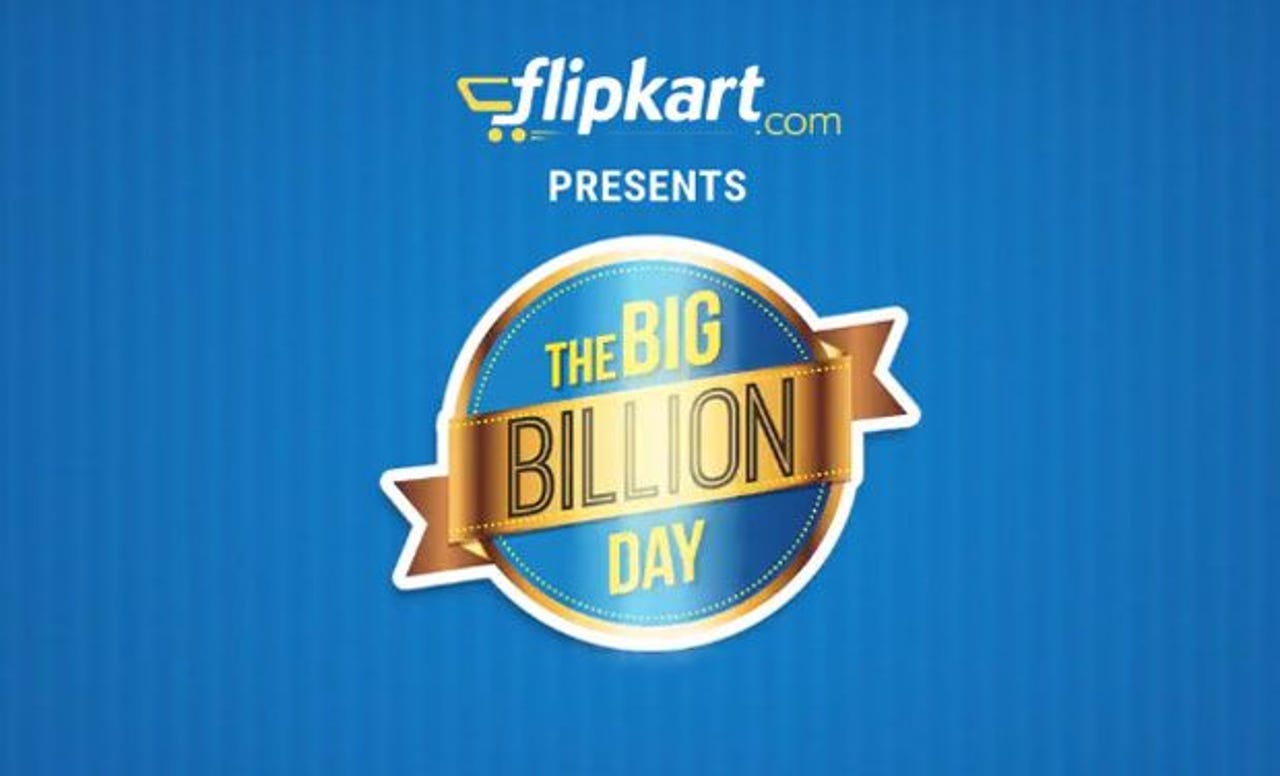Flipkart bites off more than it can chew

The upcoming Diwali festival, which forms the core of the ongoing festival season in India, is celebrated for the defeat in battle of Ravana by the Hindu God Rama, but the real war last week was taking place in the bits-and-bytes world of cyberspace, bearing a startling similarity, according to many commentators and journalists, to the infamous Cola wars.

The whole event was kicked off by Flipkart, leader of the online retail space in India and forever champing at the bit to pull away from its rapidly gaining competitors Amazon and Snapdeal. Apparently, the company was successful enough to scream towards notching up US$100 million in Gross Merchandise Value in just ten hours of the 24-hour target it set itself.
But ambition can be the mother of all evil. The mouthwatering sale that Flipkart launched was so irresistible — Samsung tablets were discounted by as much as 90 percent — that it had the perverse effect of actually capsizing Flipkart several times.
Apparently, thousands of dissatisfied and irate customers complained on social media sites that products were sold out on Flipkart before they could even press the "buy" button, reminiscent of the backlash Xiaomi faced months ago when Indians made a beeline for its super-value-for-money phones such as the Redmi 1S and the Mi3. Others accused the company of hiking up the price of some of its products and cancelling orders — a strict no-no in the dog-eat-dog world of e-commerce where losing customers due to viral wave of negative buzz could prove to be catastrophic. The Flipkart website crashed periodically and products frequently became unavailable, leaving disappointed and irritated customers sans their much anticipated goodies.
The result was that many disaffected buyers flocked to rivals Snapdeal and Amazon. It was bad enough that both companies initially capitalised on Flipkart's hype by associating their own promos with Flipkart's campaign. Amazon decided to run its own sale concurrently, dubbing it "Mission to Mars Weekend". Snapdeal coasted on Flipkart’s own hype by launching a campaign with the accompanying cheeky tagline: "For others, it's a big day. For us, today is no different." And, of course, when things went horribly wrong for Flipkart, it gleefully absorbed the company’s customers. Eventually, a consumer sentiment poll printed by Mint revealed that while 74 percent and 82 percent of customers were happy with Snapdeal's and Amazon's service, respectively, a shockingly low 22 percent were pleased with Flipkart's.
It's no surprise that Flipkart co-founders Sachin Bansal and Binny Bansal, post the initially triumphant email announcing the unprecedented GMV target achieved, were a chastened bunch and issued a public apology to its customers: "Yesterday was a big day for us. And we really wanted it to be a great day for you. But at the end of the day, we know your experience was less than pleasant. We did not live up to the promises we made, and for that we are really and truly sorry."
A few months from now, this sale, and Flipkart's debacle, may just be a faint memory, considering the pace that the sector is growing at. Online retail may be currently puny — only $3 billion today — but it is growing at a furious clip and is estimated to reach $22 billion in five years, according to a report by research firm CLSA, said Mint. And while Flipkart got hit hard for its Diwali experiment, the clear winner in this frenzy was the advertising sector. Mint reported that all three e-commerce giants forked out more than Rs 100 crore ($16.6 million) in total for their respective sales.
The one group not so happy about these mega online sales, predictably, was one made up of those who stood to lose the most — offline retailers. Consequently, they got walloped by steep discounts offered online and themselves had to slash prices and watch their margins erode, something which they were apparently not too happy doing. According to the Economic Times, the Confederation of All India Traders lobby group complained bitterly to the government, questioning how e-commerce companies were able to offer such steep discounts. Their laments are apparently being taken seriously. The much-feared Enforcement Directorate, in charge of investigating economic crimes, is looking into the matter as we speak.
They might be better off figuring out how to compete with the online juggernaut called e-commerce. These are early days, and things are destined to get much worse for offline retailers who haven't quite figured out how to compete in this brave new world.